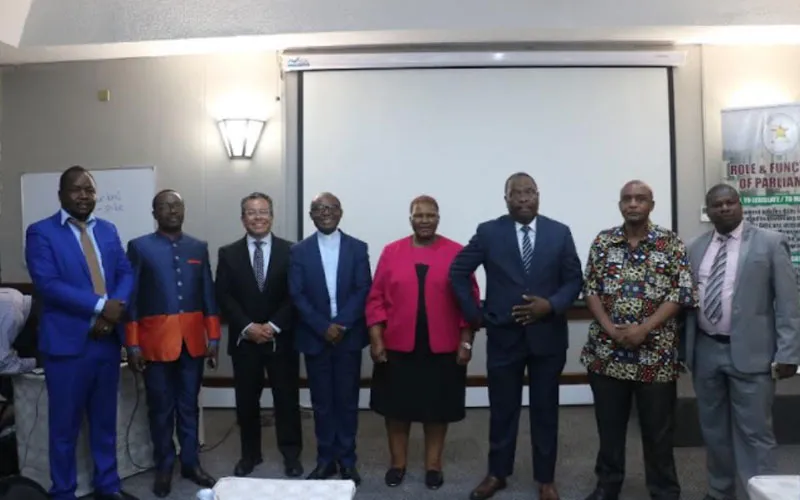JENA officials add, “Many countries in the global South like Zimbabwe, are not short of good plans, policies and commitments around poverty reduction and development. Their failure usually is weak follow-up and lack of – or poor – implementation of plans on account of weak governance institutions.”
In the statement, JENA officials say while the Zimbabwean Ministry of Finance confirmed the receipt of XDR 677.4 million, an equivalent of US$ 961 million, and promised to use the funds well, it is yet to account for the SDR allocation.
“Despite the promise, the Zimbabwe Ministry of Finance is yet to publicly show its commitment to fulfilling the promise," JENA officials say, and urge the government of Zimbabwe to put the SDR to good use.
They say, "Resources like SDRs are not a magic wand for Zimbabwe and the rest of Africa. If Zimbabwe and other African countries are to ensure a robust and equitable recovery, there must be commitment to good governance and to ensuring the presence of quality institutions of governance."
"There must be commitment to good governance and to ensuring the presence of quality institutions of governance. Institutional reforms and strengthening are priorities which should not be overlooked especially in ensuring the independence and adequate funding of the justice system and law-enforcement agencies in order to empower them to stamp out corruption and promote the rule of law," they say.
Last week, JENA officials called on the United Kingdom (UK) to direct more of its SDR allocation to fighting biodiversity and the climate crisis in sub-Saharan Africa.
“The UK should use the increase to its overall reserves via the August 2021 SDR allocation to help developing countries in Africa tackle the climate and biodiversity crisis they are facing, a crisis that has left millions of people poorer and hungrier and that poses a serious threat to human life,” JENA officials said March 21.
They added, “While remaining consistent with the IMF’s guidance on how SDRs are to be used, and with the Chancellor’s fiscal rules on borrowing and debt, the UK could still save lives by rechanneling more of its current SDR allocation and selling some of its foreign currency reserves to support sustainable development for climate change resilience and adaptation.”
JENA officials said the UK could use its SDRs through IMF’s Resilience and Sustainability Trust (RST) and the Poverty Reduction and Growth Trust (PRGT).
PRGT is a program that enables lending of money to the world’s poor nations while the RST is an IMF trust funded by rich countries' unused SDRs to support resilient and sustainable growth in the post COVID-19 period.








